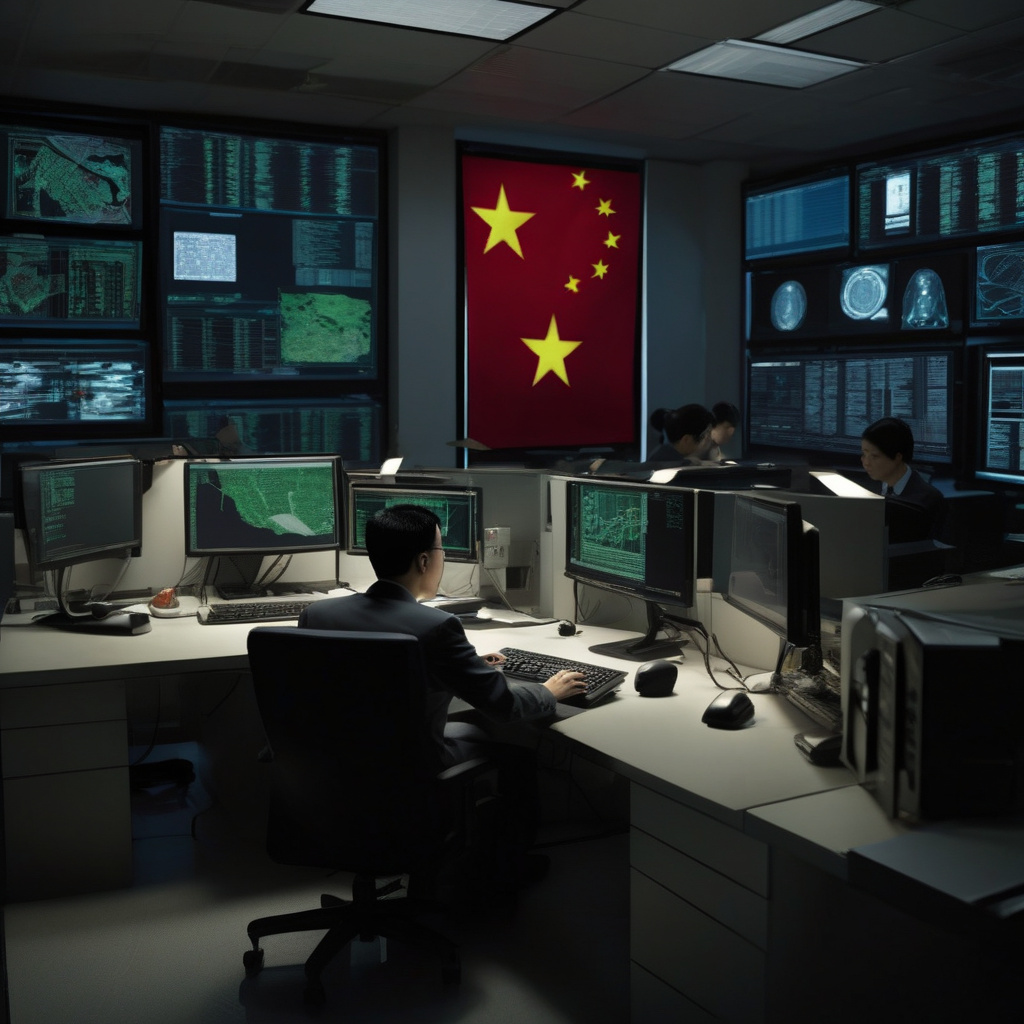Title: Unveiling the Threat: APT41 Hackers Target U.S. Trade Officials Amid 2025 Negotiations
In a rapidly evolving digital landscape, cybersecurity threats continue to loom large, with recent reports shedding light on the activities of APT41 hackers linked to the People’s Republic of China (PRC). The House Select Committee on China has sounded the alarm, highlighting a series of highly targeted cyber espionage campaigns aimed at U.S. trade officials amidst the backdrop of critical 2025 negotiations between the United States and China.
The advisory issued by the committee underscores the persistent efforts of these threat actors to infiltrate organizations and individuals involved in U.S.-China trade policy and diplomacy. With a focus on compromising U.S. government agencies and businesses, the implications of such cyber intrusions extend beyond mere data breaches, posing a significant risk to national security and economic stability.
Amid the complexities of international trade relations, the targeting of U.S. trade officials by APT41 hackers serves as a stark reminder of the strategic importance of cybersecurity in safeguarding sensitive information and critical infrastructure. As negotiations between the two global powers unfold, the threat landscape becomes increasingly sophisticated, requiring enhanced vigilance and proactive measures to mitigate potential risks.
The tactics employed by APT41 hackers underscore the advanced capabilities at their disposal, emphasizing the need for robust cybersecurity protocols and threat intelligence to detect and thwart such malicious activities. By leveraging a combination of social engineering techniques, malware deployment, and network exploitation, these threat actors demonstrate a relentless pursuit of valuable data and intellectual property.
In light of these developments, organizations engaged in U.S.-China trade relations must prioritize cybersecurity measures to fortify their defenses against potential cyber threats. From implementing multi-factor authentication and encryption protocols to conducting regular security audits and employee training, proactive steps can significantly enhance resilience against cyber attacks.
Furthermore, collaboration between government agencies, private sector entities, and cybersecurity experts is paramount to effectively combatting the evolving threat landscape. By sharing threat intelligence, best practices, and emerging trends, stakeholders can collectively strengthen their cyber defenses and stay one step ahead of malicious actors like APT41.
As the digital realm continues to intersect with global geopolitics, the protection of sensitive trade information and diplomatic communications becomes imperative. By remaining vigilant, proactive, and adaptive in the face of emerging cyber threats, U.S. trade officials and organizations can safeguard their interests and uphold the integrity of critical negotiations in the years to come.
In conclusion, the activities of APT41 hackers targeting U.S. trade officials amidst 2025 negotiations underscore the pressing need for heightened cybersecurity measures and collaborative efforts to defend against sophisticated cyber threats. By staying informed, proactive, and resilient, stakeholders can navigate the complex cybersecurity landscape and protect vital interests in an increasingly interconnected world.

